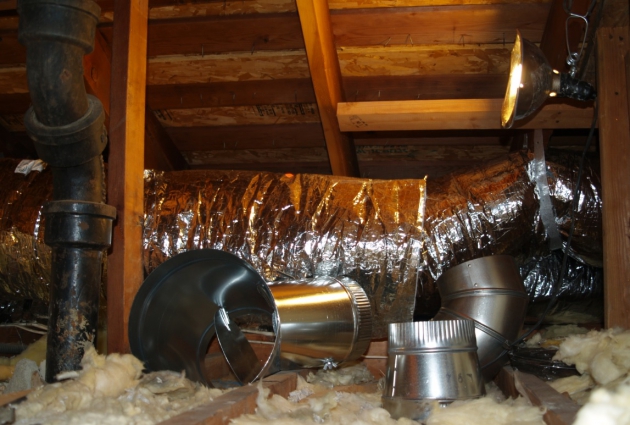Cleansing now the top induce of Toronto transit bus delays amid coronavirus pandemic
Cleansing has come to be the leading lead to of TTC bus delays during the COVID-19 pandemic but the transit agency insists that its choice to often disinfect its autos is not contributing to overcrowding.
In accordance to figures uploaded to the city’s open data portal, cleansing accounted for practically 46 for each cent (7,499) of all bus delays amongst March and June of this calendar year. Mechanical difficulties had been to blame for about 25 for every cent of all bus delays although operator related difficulties accounted for 18 for every cent and security-similar concerns accounted for six for each cent.
The details, which was first noted by the Toronto Star, raises the issue of no matter if the TTC should be often pulling buses from service to disinfect them, offered the extremely reduced danger of contracting COVID-19 through surfaces.
But in an interview with CP24 on Wednesday morning TTC spokesperson Stuart Eco-friendly mentioned that the information only delivers data about certain autos and in most cases the TTC is changing buses that are pulled from their routes to go through cleaning with floating buses that are classified as “run-as-directed” automobiles.
He said that those buses are not possible to show up on the TTC’s various apps but need to in any other case aid make sure “that the customer expertise is the exact same.”
“We are not taking buses out of assistance and causing crowding or producing routes busier, we’re having buses out of service simply because the guidance is that cleaning them consistently will help control the unfold of COVID-19 and which is what we are intrigued in doing,” he mentioned. “It is very considerably a balancing act but protection is of study course paramount to all of this. So as I say if we see a route that’s having busier we are going to place excess support out there and we most unquestionably would not consider a bus out of company if it truly is heading to cause routes to get hectic or to trigger crowding.”
The TTC began an enhanced cleansing system of its motor vehicles in January 2020 and has committed to disinfecting buses, streetcars and subway automobiles a number of occasions a day with a emphasis on large touch surfaces, like railings and straps.
Even so, most epidemiologists now concur that the threat of contracting COVID-19 by way of surfaces is lower and that near contact with other men and women or an infection by using aerosol distribute in poorly ventilated areas are the major contributors to the unfold of the virus.
Speaking with CP24, Environmentally friendly claimed that the TTC may well think about curtailing its cleansing attempts but only if its advisable to do so by general public overall health gurus.
In the interim, he explained that the TTC is constantly monitoring crowding ranges on its autos and will make absolutely sure that the frequent cleansing of autos does not exacerbate the difficulty.
“We have all been understanding along the way, the science has transformed alongside the way and now the evidence of surface area-based mostly transmission is just not as potent as it could have been at the starting (of the pandemic), so we are going to undoubtedly glimpse at that (reducing again the cleanings),” he said, noting that a staff report with the most current guidance from Toronto Community Health will be heading to the TTC’s board in September.
The TTC has believed the expense of enhanced cleansing of autos at $25.8 million in 2022.








